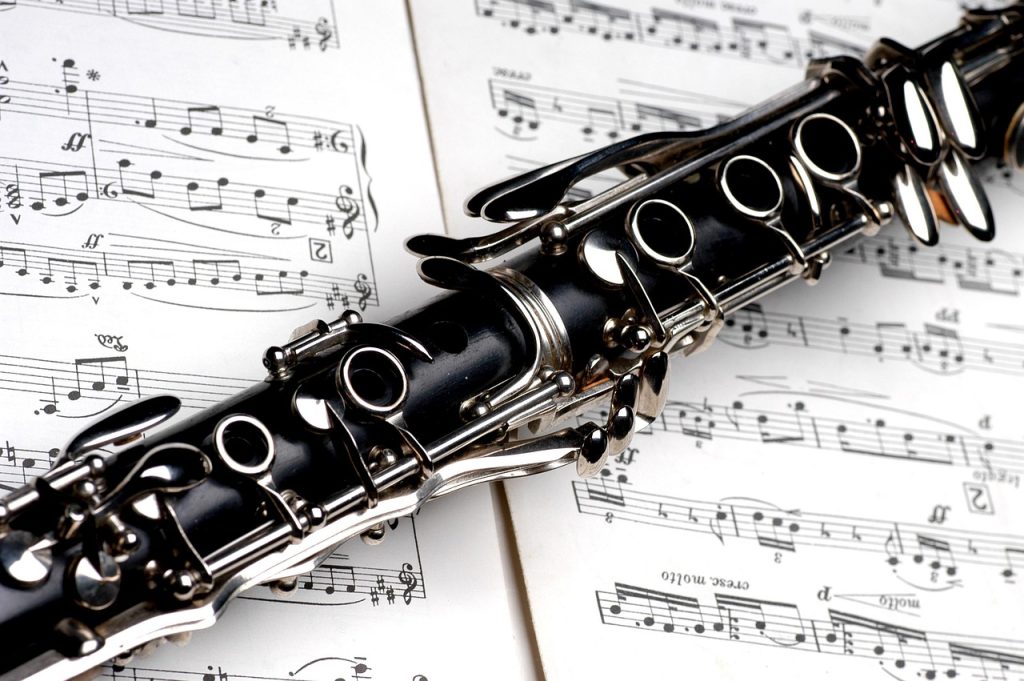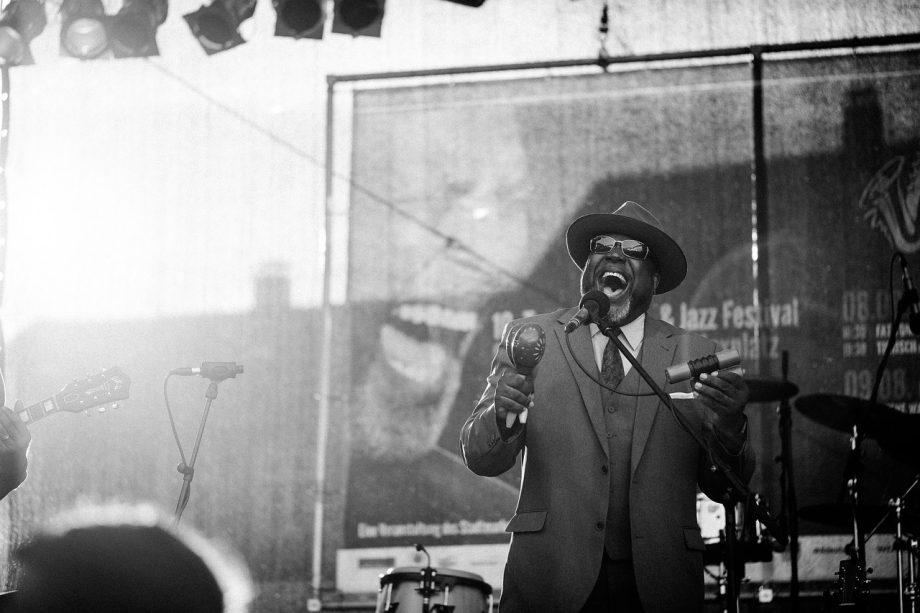Japanese jazz is a type of music that is heavily influenced by Japanese culture. It is a relatively new type of music, with its earliest roots being in the early 20th century. Japanese jazz has been influenced by both Western and Eastern music, and it often incorporates traditional Japanese instruments into its sound. Japan is a country of dreams and hard-working laborers. After the hard work people go gambling, drinking, and listening to amazing music. So why do not you give it a try and try listening to Japanese jazz and test your luck at 22 Bet?
Historical Notes

Jazz originated in the United States in the late 1800s. African Americans created this type of music by combining elements of European and African music. Jazz quickly spread to other parts of the world, including Japan. During the 1920s, Japanese people became interested in American jazz. Some Japanese musicians even traveled to the United States to study this new type of music.
One of the first Japanese jazz musicians was Sadao Watanabe. He was born in 1933 and began playing the saxophone when he was just a child. Watanabe was greatly influenced by American jazz legend Charlie Parker.
In the 1960s, Watanabe became one of the most famous jazz musicians in Japan. He has released over 70 albums and has played with many well-known jazz musicians, including Miles Davis and Dizzy Gillespie.
Hiroshi Murata is another well-known Japanese jazz musician. He was born in 1950 and began playing the piano when he was just five years old. Murata has released over 20 albums and has won several prestigious jazz competitions.
Akira Sakata is a Japanese jazz musician who is known for his unique style. He was born in 1942 and began playing the saxophone when he was in high school. Sakata has released over 30 albums and has played with some of the most famous jazz musicians in the world, including Miles Davis and Sonny Rollins.
What Is Japanese Jazz?

Japanese jazz is typically very mellow and relaxing, with a strong focus on melody and atmosphere. The music often has a delicate and ethereal quality to it, and it often uses a lot of space and silence to create a sense of tension and release. Japanese jazz musicians often have a very unique and personal approach to their craft, and they often experiment with new sounds and ideas.
One of the most important aspects of Japanese jazz is its use of improvisation. Improvisation is a key element of jazz music, and it is often used to create new and innovative sounds. The musicians often use improvisation to create new melodies and to add their own personal touch to the music. Japanese jazz has been influenced by a number of different artists, both from Japan and from the West. Some of the most important Japanese jazz musicians include pianist Toshiko Akiyoshi, trumpeter Terumasa Hino, and saxophonist Sadao Watanabe. These musicians have helped to shape the sound of Japanese jazz, and they have influenced many other Japanese and Western musicians.





Recent Comments